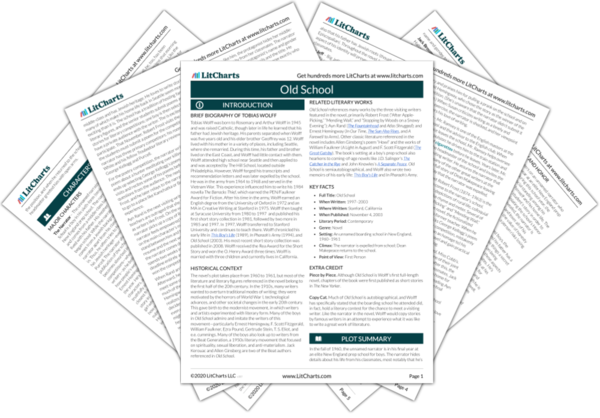Frost and Mr. Ramsey’s debate examines whether some literary forms are too outdated to have an impact on modern readers or to express the human condition. Mr. Ramsey illustrates his belief that different times require different kinds of poems, in line with the modernist literary movement that was popular in the first half of the 20th century. Robert Frost takes the side of the traditionalists here, arguing that some forms are timeless. His reference to Homer, who wrote the
Iliad and the
Odyssey around the 8th century B.C.E., illustrates the enduring impact that more rigid approaches to rhyme and meter can still have on readers centuries later.
